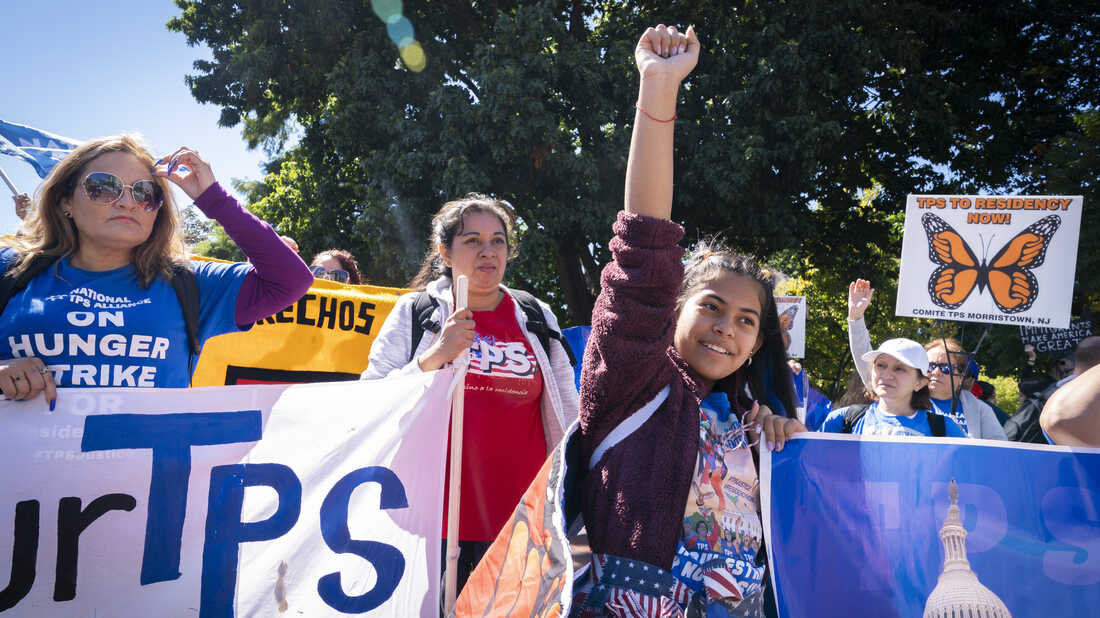Federal ruling affects Hondurans, Nicaraguans and Nepalis under TPS
A federal appeals court in San Francisco has allowed the U.S. government to move forward with ending Temporary Protected Status (TPS) for thousands of migrants from Honduras, Nicaragua, and Nepal.
The decision temporarily blocks a lower court ruling that had maintained protections. As a result, around 7,000 Nepalis are now subject to removal following the expiration of their TPS on August 5. In addition, the status of 51,000 Hondurans and 3,000 Nicaraguans is set to expire on September 8, leaving them at risk of deportation.
Legal dispute and upcoming hearings
The National TPS Alliance, leading the lawsuit, argues that the government acted unlawfully by ending protections without an objective review of country conditions, including political unrest in Honduras and the impact of natural disasters in Nicaragua.
Government representatives maintain that TPS was never intended to function as a permanent asylum system, but rather as a temporary response to specific emergencies.
A new court hearing is scheduled for November 18, when both sides will present their arguments and judges will assess the legality of the policy decisions.
Effects on migrant communities
Immigrant advocates highlight that many TPS holders have lived in the United States for decades, raising families, contributing to local economies, and starting businesses. Nonetheless, U.S. officials argue that current circumstances in Honduras, Nicaragua, and Nepal no longer warrant extending the program.
The future of TPS beneficiaries remains uncertain, with the possibility of further appeals and even review by the U.S. Supreme Court. This ruling leaves tens of thousands of families facing instability regarding their immigration status in the country.







